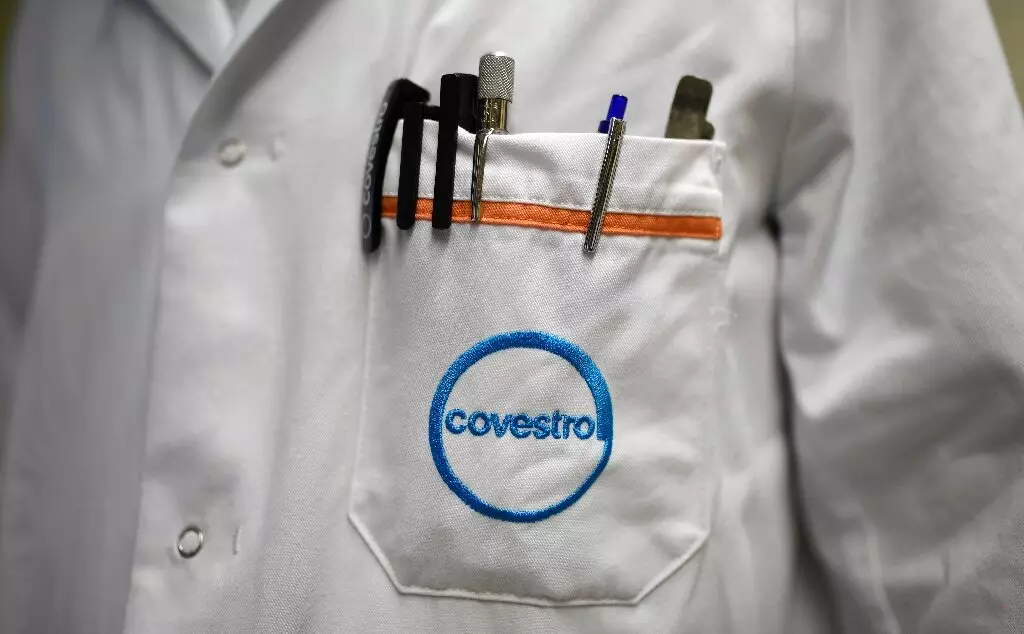The chemical industry is facing a critical moment as the world grapples with the realities of climate change. In a bid to reduce carbon emissions, German group Covestro is leading the way by experimenting with the use of sugar as a base material instead of oil in the manufacture of aniline, a key chemical used in various products such as foams for mattresses, armchairs, and building insulation. This pilot project marks a significant step towards a more sustainable future for the chemical industry.
Covestro, a former division of chemical giant Bayer, has initiated trials at one of Europe’s largest chemical complexes located in Leverkusen, Germany. The project involves extracting aniline from fermented sugar using a process developed by researchers from the University of Stuttgart. Aniline, traditionally derived from oil derivatives like naphtha and benzene, is a critical component in the manufacturing of foams. By utilizing sugar as a base material, Covestro aims to reduce its carbon footprint and contribute to the fight against climate change.
While the use of sugar as a substitute for oil in chemical production shows great promise in terms of reducing greenhouse gas emissions, some experts remain skeptical. Jens Guenther from Germany’s Federal Environment Agency raises concerns about the environmental impact of using plant matter, particularly cultivated biomass like maize, sugar cane, and sugar beet. Industrial agriculture practices associated with these crops can lead to CO2 and methane emissions, biodiversity loss, and high water consumption. However, Guenther acknowledges that using plant matter in production processes could still result in lower greenhouse gas emissions compared to fossil fuels, with waste materials being a preferable option over crops.
In addition to Covestro’s efforts, other German companies like BASF are also exploring alternative sources for basic chemicals. BASF is looking into using organic waste, agricultural products, or vegetable oils to produce chemicals like aniline. However, taking such projects further poses several challenges, including the availability of organic matter, higher production costs compared to traditional methods using oil, and the need to demonstrate significant CO2 savings to justify scaling up the process.
The chemical sector in Germany faces additional challenges such as high energy costs, exacerbated by the disruption in gas imports following the conflict in Ukraine. As a result, many companies are considering shifting production to cheaper locations abroad rather than investing in costly new sites for processing chemicals domestically. Energy costs in Germany are significantly higher than in the United States, adding to the competitiveness issues faced by manufacturers in the country.
The chemical industry is at a crossroads, with the imperative to reduce carbon emissions driving innovation and experimentation with new materials and processes. Covestro’s trial of using sugar as a base material for aniline production is a promising step towards a more sustainable future for the industry. While challenges and skepticism remain, the commitment to reducing the carbon footprint and combating climate change is imperative for the industry’s long-term viability. As more companies seek alternative sources and methods for chemical production, the path towards a greener and more sustainable future becomes clearer.


Leave a Reply